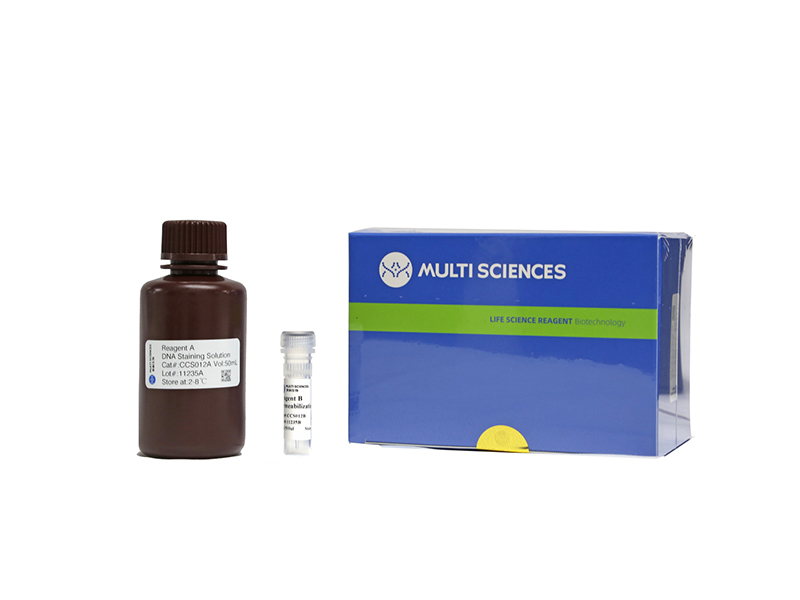Mesenchymal stem cell (MSC) transplantation alone may be insufficient for treatment of liver fibrosis because of complicated histopathological changes in the liver. Given that miR-122 plays an essential role in liver fibrosis by negatively regulating the proliferation and transactivation of hepatic stellate cells (HSCs), this study investigated whether miR-122 modification can improve the therapeutic efficacy of adipose tissue-derived MSCs in treating liver fibrosis. MiR-122-modified AMSCs (AMSC-122) were constructed through lentivirus-mediated transfer of pre-miR-122. MiR-122-modified AMSCs expressed high level of miR-122, while they retained their phenotype and differentiation potential as na?ve AMSCs. AMSC-122 more effectively suppressed the proliferation of and collagen maturation in HSCs than scramble miRNA-modified AMSCs. In addition, AMSC-derived exosomes mediated the miR-122 communication between AMSCs and HSCs, further affecting the expression levels of miR-122 target genes, such as insulin-like growth factor receptor 1 (IGF1R), Cyclin G(1) (CCNG1) and prolyl-4-hydroxylase α1 (P4HA1), which are involved in proliferation of and collagen maturation in HSCs. Moreover, miR-122 modification enhanced the therapeutic efficacy of AMSCs in the treatment of carbon tetrachloride (CCl(4) )-induced liver fibrosis by suppressing the activation of HSCs and alleviating collagen deposition. Results demonstrate that miR-122 modification improves the therapeutic efficacy of AMSCs through exosome-mediated miR-122 communication; thus, miR-122 modification is a new potential strategy for treatment of liver fibrosis.
文章引用产品
-
-
- CCS012
- 周期试剂盒
Cell Cycle Staining Kit 细胞周期检测试剂盒
-
¥390.00
-
- CCS012
- 周期试剂盒
Cell Cycle Staining Kit 细胞周期检测试剂盒
- ¥390.00



